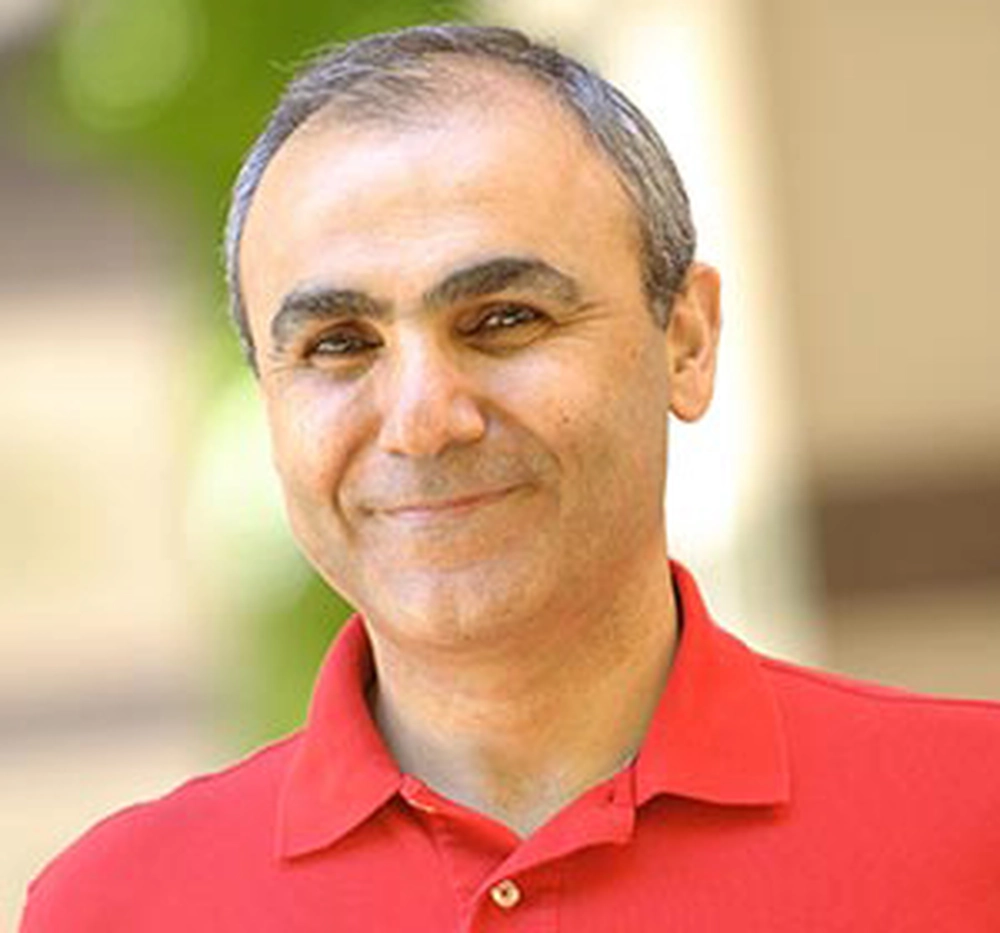
Emad Tajkhorshid, professor of biochemistry, biophysics, computational biology, and pharmacology, and his research group are studying the movement of gases across biological membranes, a vital process for powering cells with oxygen and performing photosynthesis, among other things. The group is hoping to closely examine the role of proteins in these processes in order to better understand the impact of gas exchange in living cells and organisms.
Researchers from Case Western Reserve University and the University of Southern California are working together with Tajkhorshid on their project, “Molecular Mechanisms and Pathways for Gas Transport Across Biological Membranes and Implications for Physiology and Performance.”
In all, the Department of Defense awarded 23 studies a total of $162 million over the next five years for experimentation and analysis. Selected studies will benefit one of the Army Research Office, the Air Force Office of Scientific Research, or the Office of Naval Research.
“Over the past 30 years, the DoD’s MURI program has resulted in significant capabilities for our military forces and opened up entirely new lines of research,” Melissa L. Flagg, deputy assistant secretary of defense for research, said in a press release. “Examples include advances in laser frequency combs that have become the gold standard in frequency control for precision in navigation and targeting; atomic and molecular self-assembly projects that have opened new possibilities for nano-manufacturing; and the field of spintronics, which emerged from a MURI award on magnetic materials and devices research.”